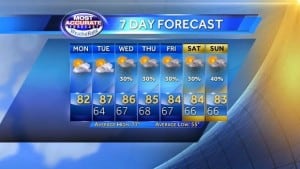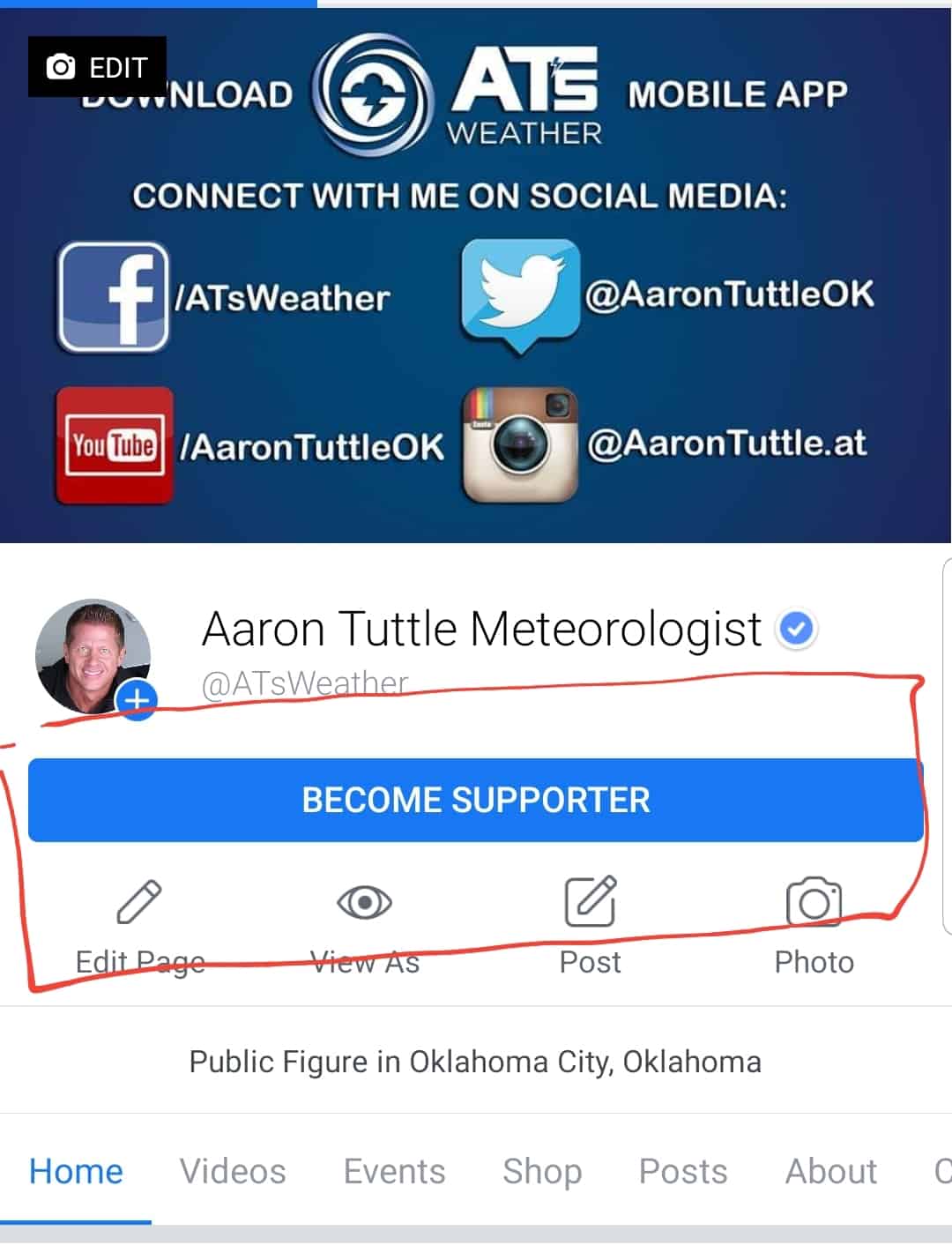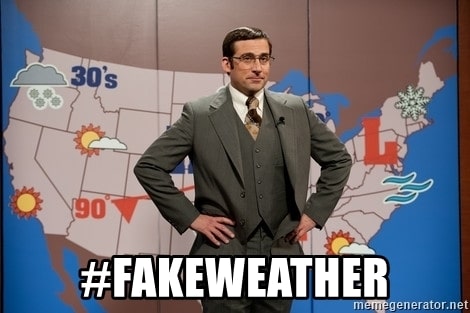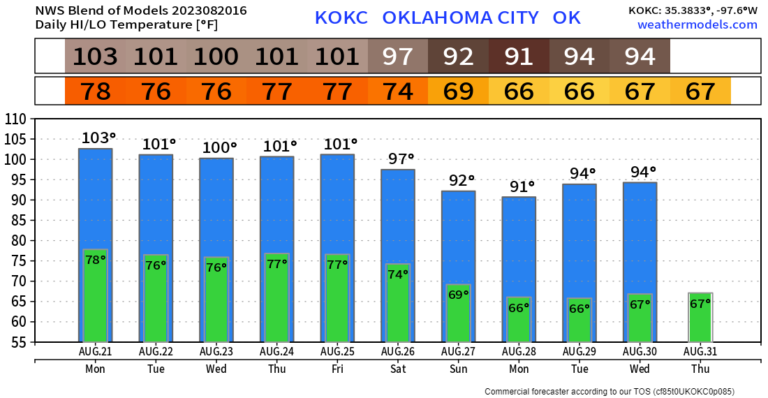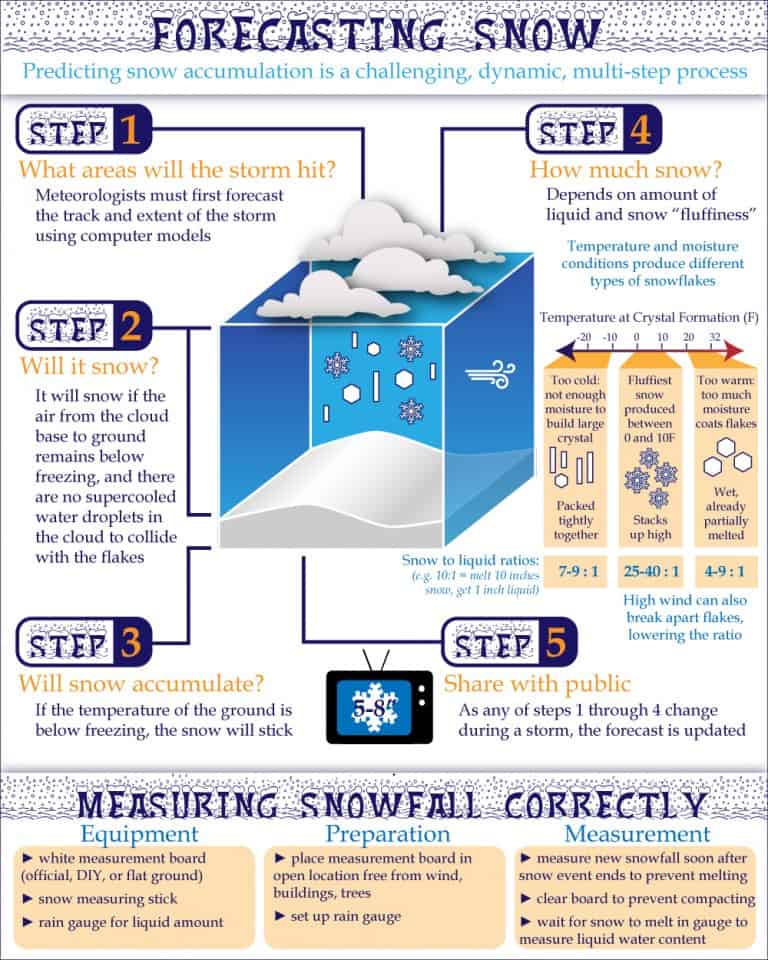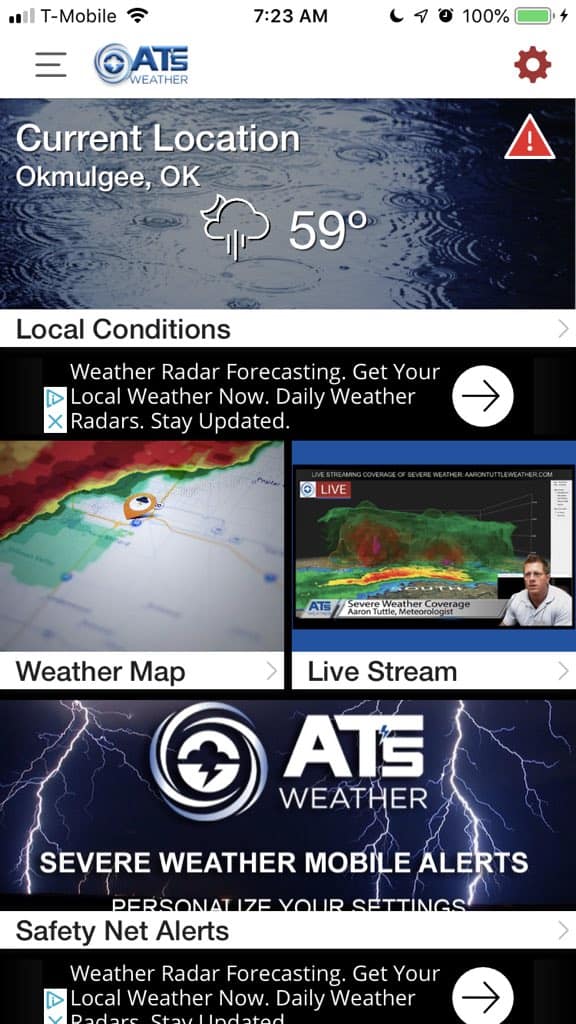What Does “Chance of Rain” Really Mean?
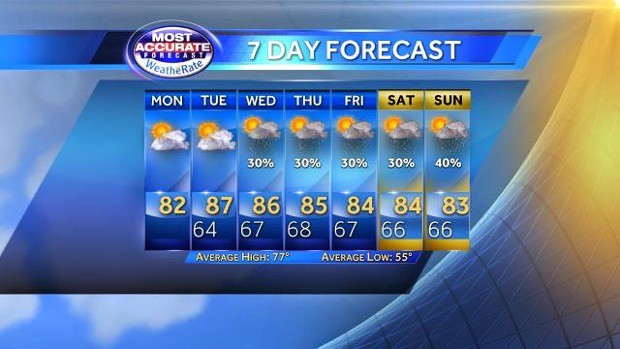
So what does it mean when you hear or see the words, “chance of rain”? Well, it means something different to everyone, including the meteorologists and weather guys on TV. It’s an interpretive and subjective phrase used to try and statistically quantify the potential occurrence of an event. In this case, rain. The phrase is typically interpreted under the following four explanations: (We’ll use a 10% chance of rain in this example)
- 10% of the forecast area will see rain, isolated
- Historically out of this given scenario, only 10% of the time it has rained
- The confidence of rain occurring is extremely low, only 10%
- It will rain only 10% of the total day
So which is it? In a sense, it’s 1 and 3 according to the National Weather Service. (Probability of Precipitation) POP = C x A. Where “C” = the confidence that precipitation will occur somewhere in the forecast area, and where “A” = the percent of the area that will receive measurable precipitation. So if they are 70% certain it will rain, but only 30% will see it, that comes of a value of 0.7×0.3=20%. Confusing? You’re not alone. Check out this informal poll that shows most people don’t understand it.
To get a feel for how that will affect you, pay attention to the rest of words surrounding this statement by the forecaster. It should bring clarity to what he or she thinks will happen.
Personally, I hate using percentages due to the confusion. It is my job to tell you yes it will rain or no it won’t. However, that’s hard to express when you have little space to do so, such as with my weather app. So a number has to be used.
When I do have the opportunity to expound upon a forecast, I get as detailed as the data will allow me given the atmospheric setup. First I decide yes it will rain. Then I decide how much, when, and where. Using the latest computer model technology focusing on what we know about the different weather variables, I can pick out trends that show where the heaviest rain should occur. The timing is decided based on areas of lift that are expected to move through. Finally, is this setup indicative of a widespread rain event, or more scattered in nature? I use English words to express the type of coverage expected. Isolated, scattered, numerous or widespread are all great terms to be used. Each has a clear meaning; isolated meaning very few and far between, scattered meaning about half of the area will see rain, numerous meaning most of the area will see rain and widespread indicating everyone sees rain. In the end, none of these descriptive words matter if I miss step one, will it rain or won’t it!
Even though we can have all of the variables required to produce precipitation, it still doesn’t mean it’s a guarantee. We know a lot about the atmosphere, but we don’t know everything. The science is still relatively new and research reveals new revelations all of the time. Remember, it’s still called an “inexact science”. So when you hear there is a chance of precipitation, just know you may need that umbrella after all.

